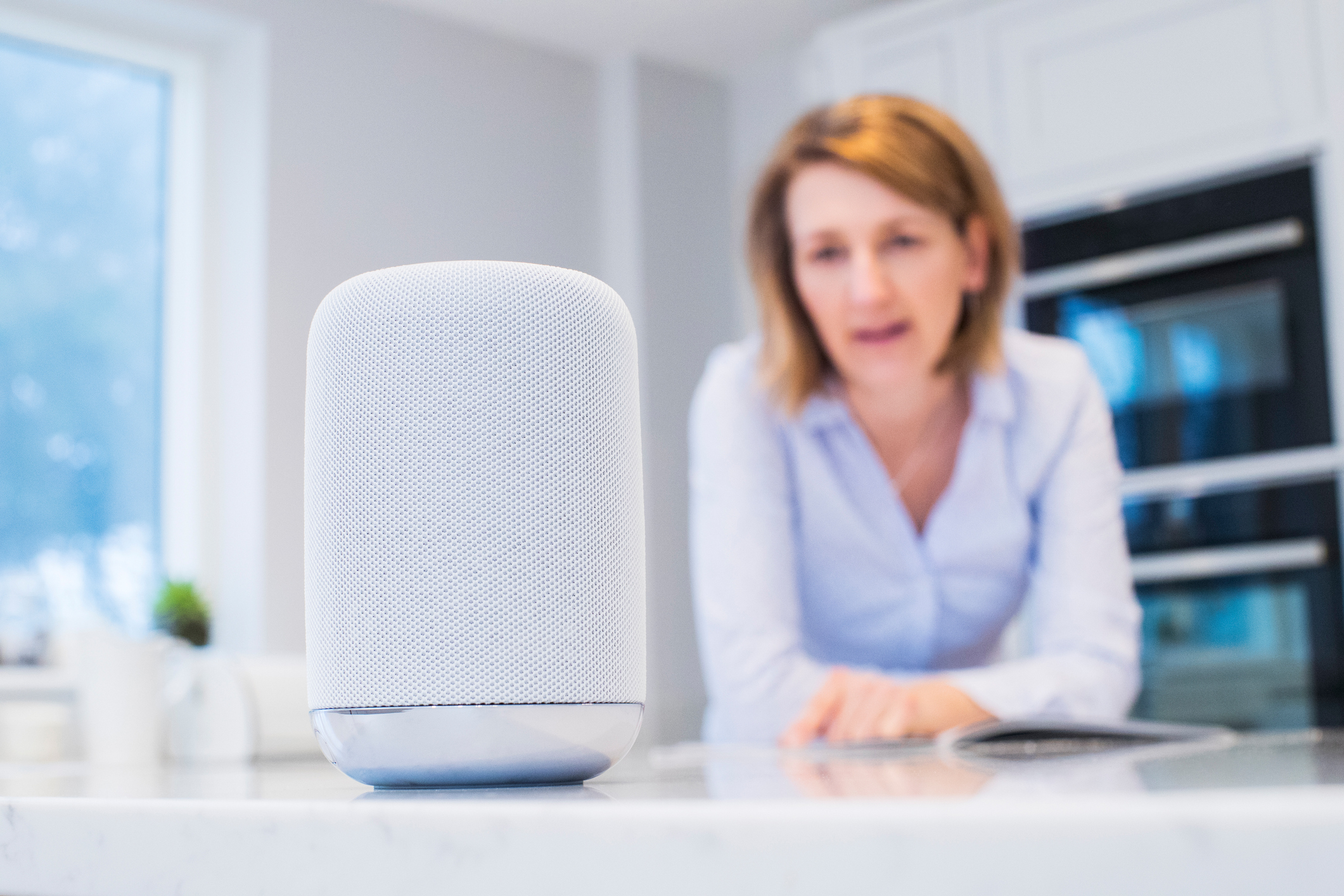
It’s an understandable temptation to think of Artificial Intelligence in largely high-flying hi-tech terms, but increasingly applications are emerging that, while sophisticated under the hood, so to speak, provide daily assistance for needs that are often taken for granted.
For example, in the UK, the Alzheimer’s Society teamed up with marketing firm and a digital studio to develop the My Carer Alexa skill to aid the more than 850,000 people currently diagnosed with dementia in the UK. The skill allows users with early-stage dementia to maintain their independence by helping them set reminders for daily tasks such as doctors appointments or preparing meals.
Similarly, at Philadelphia’s Thomas Jefferson University Hospital, administrators introduced a program to include smart speakers at patient bedsides. “The goal of the smart speaker is that I have a companion in my room which will help me when I’m in the hospital,” explained Viraj Patwardhan, VP of digital design at the hospital, at HIMSS19 in Orlando this past February. “So I’m not always pushing the nurse call button, but I can ask basic questions to the speaker and it will start giving me information.”
The intervention is aimed at patients with a three-or-more-day stay, and the goal is twofold: To improve patient experience and to free up doctors and nurses for more meaningful conversations with patients, about their care or simply about human connection.
From a more clinical angle, the mental health sector is also increasingly tapping voice AI for assistance. For example, NYU’s School of Medicine developed an AI tool to identify PTSD through voice analysis with a reported accuracy rate of 89%. “Psychiatry is the only field of medicine that doesn’t rest on the foundation of laboratory medicine,” said Dr. Charles R. Marmar, senior chair of the Department of Psychiatry at NYU School of Medicine. “So we don’t have yet, reliable blood tests for major psychiatric disorders. We’re working on them, and we think voice is one pathway into that.”
Outside of patient access, doctors and patients also take advantage of voice technology to save time on documentation allowing more time be dedicated to treating patients. And virtual assistant tools like Saykara or Suki assist physicians and doctors in data entry and record keeping.


